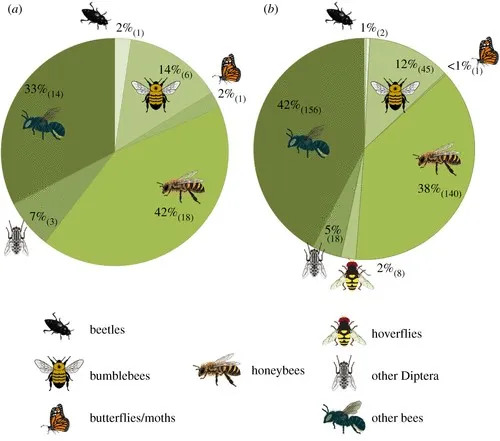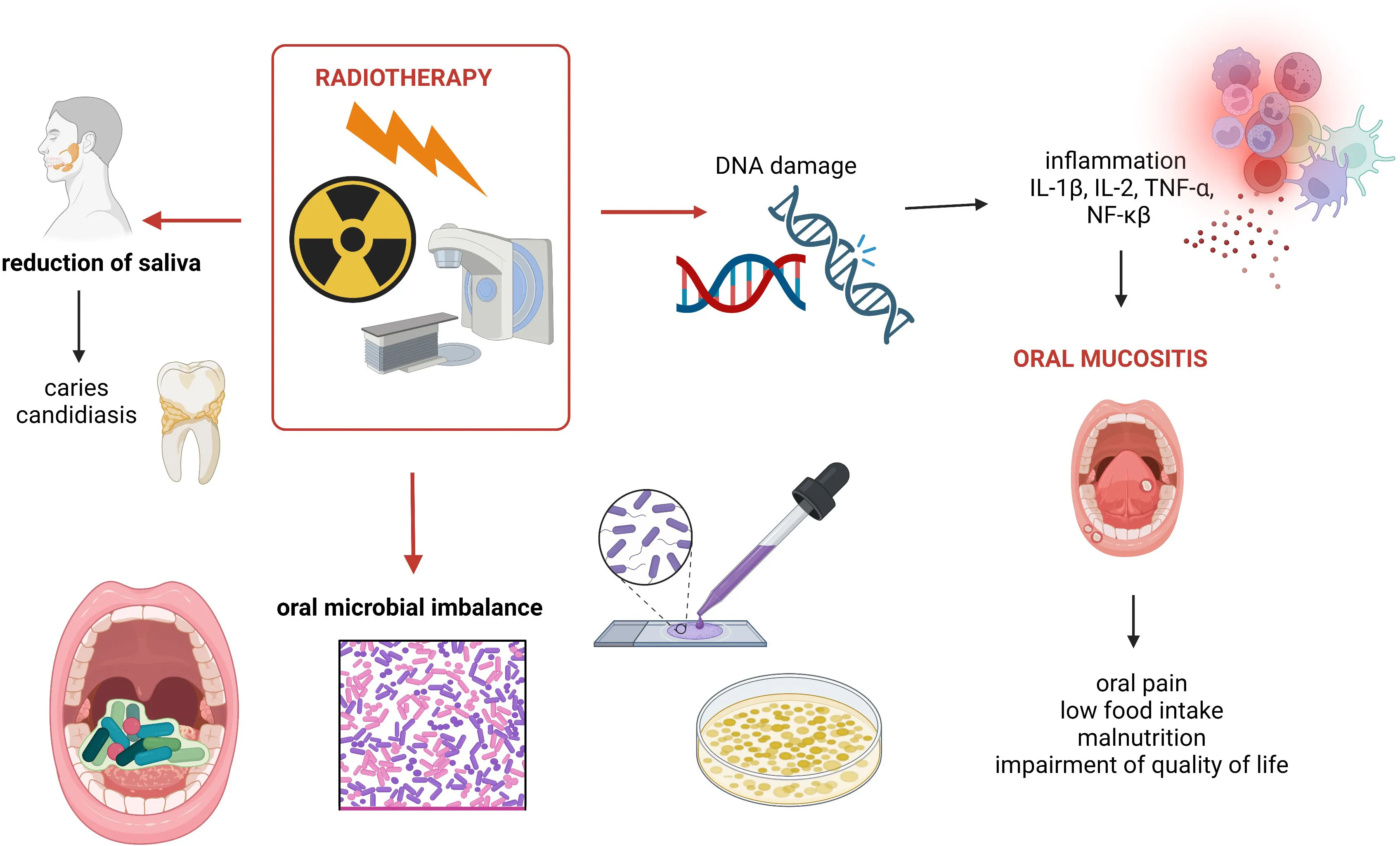Trends
Anti-Cancer Therapy Options in Pediatric Patients, Prevalence of Oral Mucositis, and Treatment Strategies in Saudi Arabia: A Cross-Sectional Survey
Biometrics System and its Uses in Forensic Science
Preventive Measures to Prevent the Abuse of Mydrapid and Plegica eye Drops as Narcotics in Palestine
Endoscopy has significantly extended in recent
years as a new instrument for reliable diagnosis and therapeutic process.
However, one of the most serious health-care issues is the failure of the
flexible endoscope reprocessing techniques. So, it was crucial demand in this
study to make microbial assessment to this process. This study was carried out
in Central Sterile Services Department (CSSD) unite of King Abdullah bin
Abdulaziz University Hospital in Princess Nourah bint Abdulrahman University,
in which sample collected under a sceptic condition before and after endoscopes
reprocessing, then culturing in the laboratory for CFU count and bacterial
identification. No significant bacterial count was recorded for almost all
reprocessed endoscope tested, but the concern was the type of isolated
bacteria, sixteen different bacterial genera were identified with 16S rRNA gene
encoding sequence analysis including Pseudomonas aeruginosa. antimicrobial
susceptibility test was investigated, Pseudomonas aeruginosa (MW846272) was
multi-drug resistance strain (MDR) and capable of biofilm formation on Congo
Red Agar plate (CRA) with great aggregation in poly-saccharides matrix that was
visible in TEM imaging. Generally, good reprocessing technique may reduce the
bacterial count to non-significant level but not necessary to eliminate all
bacterial contamination that may still considered as human health hazard.
Share This Post:

Shereen Magdy korany
Botany and Microbiology DepartmentBotany and Microbiology Department, Faculty of Science, Helwan University, Helwan, 11795, Cairo, Egypt







